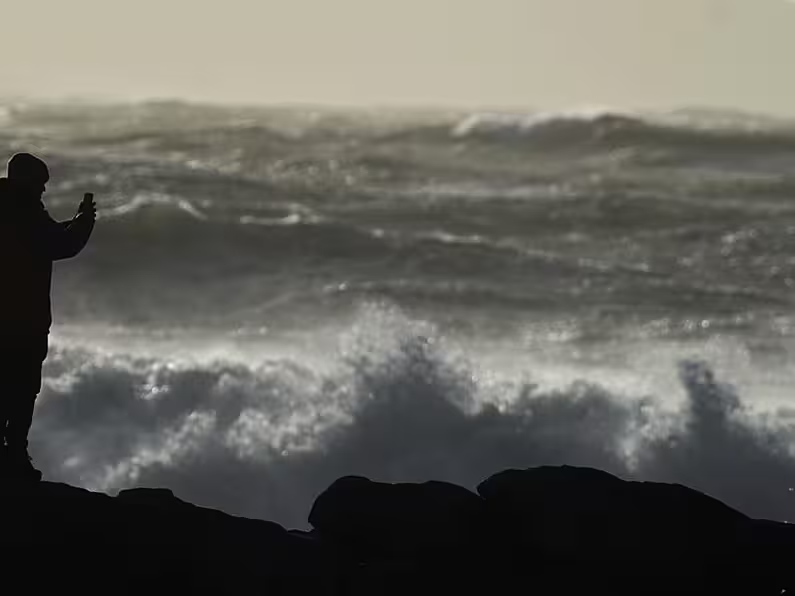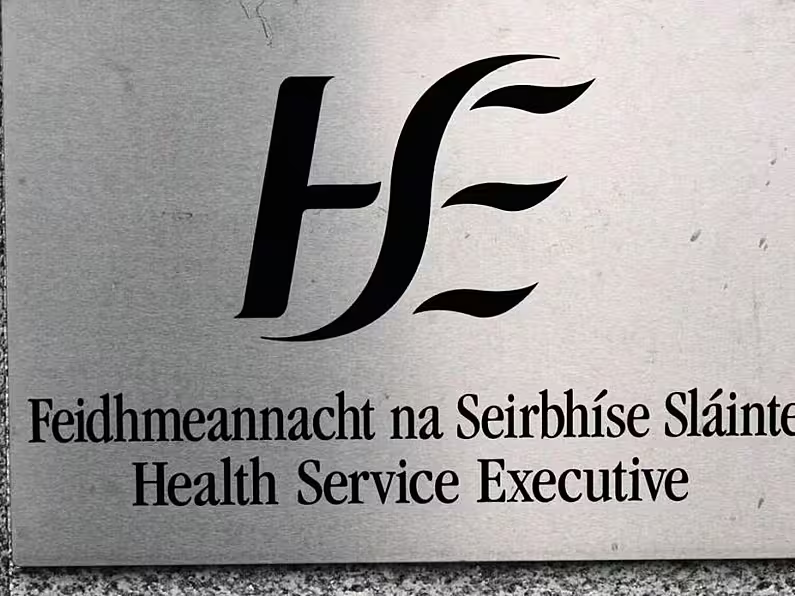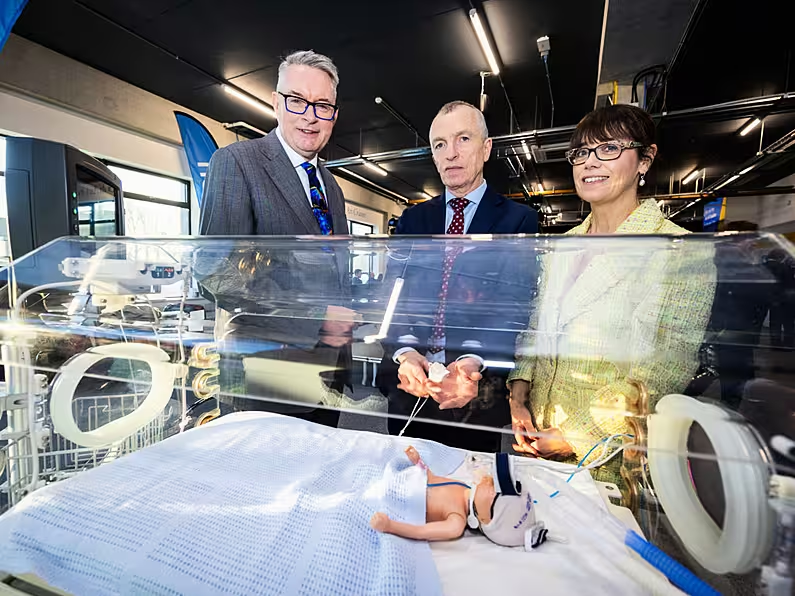Digital Desk Staff
Mentally ill people who commit crimes in Ireland are being jailed because it is the “only option” available, but their lives in prison are “stark” with little or no treatment, according to a new study.
As The Irish Times reports, people with mental health issues are often bullied in jail and have their medication stolen by other prisoners, who force them to take illicit drugs instead, it states.
Inspector of Mental Health Services Dr Susan Finnerty wrote the report, published on Monday, on mentally ill people in the criminal justice system for the Mental Health Commission. Dr Finnerty, who was assisted by Inspector of Prisons Patricia Gilheaney, visited Irish jails and found prisoners were living in some very difficult conditions.
At the Dóchas Centre women’s prison on the Mountjoy campus in Dublin three “severely mentally ill women” were “locked in isolation cells”.
Two of the women were waiting for beds in the Central Mental Hospital (CMH) and “both had difficulty in articulating their needs due to the severity of their illness”.
In Dublin’s Cloverhill Prison the D2 wing for mentally ill prisoners was “overcrowded with some cells occupied by three men, one sleeping on a mattress” on the floor.
Forensic treatment
One prisoner seen lying on a mattress on the floor in a cell was “severely mentally ill, refusing food and drink and refusing medication”. He was also waiting for a bed in the CMH. The report notes that, under law, prisoners could not be forced by staff to take their medication.
Continued capacity issues at the CMH had a very significant knock-on effect through the criminal justice system, the report says. This was despite 80 per cent of patients in the hospital being suitable for less secure step down facilities.
The report’s main finding was that prisoners in Ireland are not afforded the same “forensic treatment for their mental illnesses” as people in the community.
Dr Finnerty said the forensic mental health services policy in Ireland was for a “hub and spoke” model yet “there are no spokes: there are no regional low-secure units, no forensic mental health community” teams.
“The very poor resourcing of the forensic mental health teams in Cork and Limerick prisons is quite astounding, for example, especially as there is no coherent plan for the development of these services, even in view of the new women’s prison planned for Limerick,” she said.











